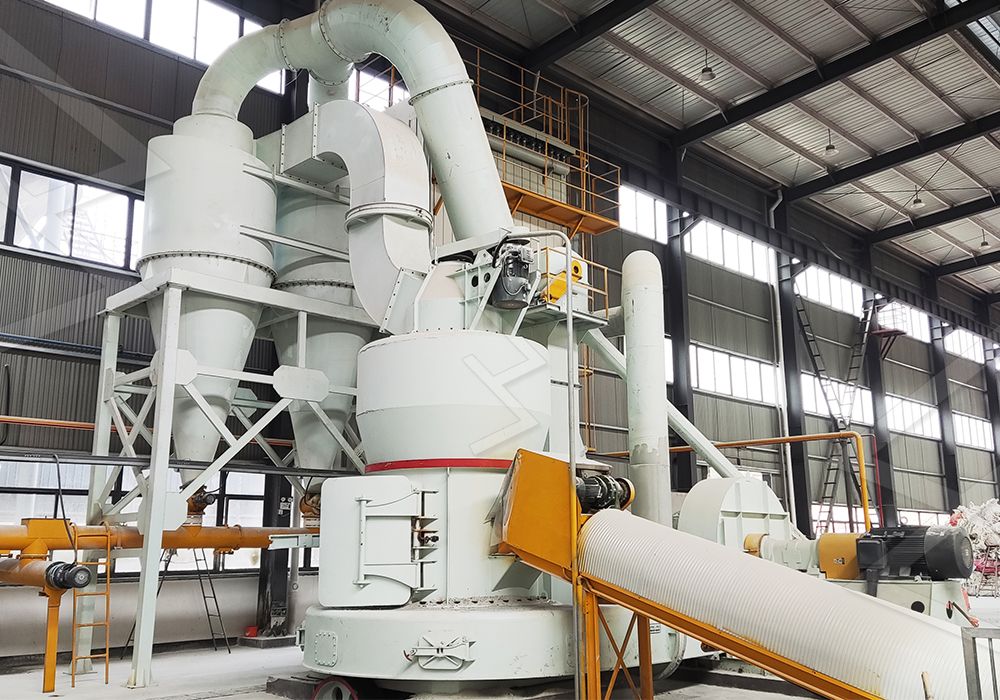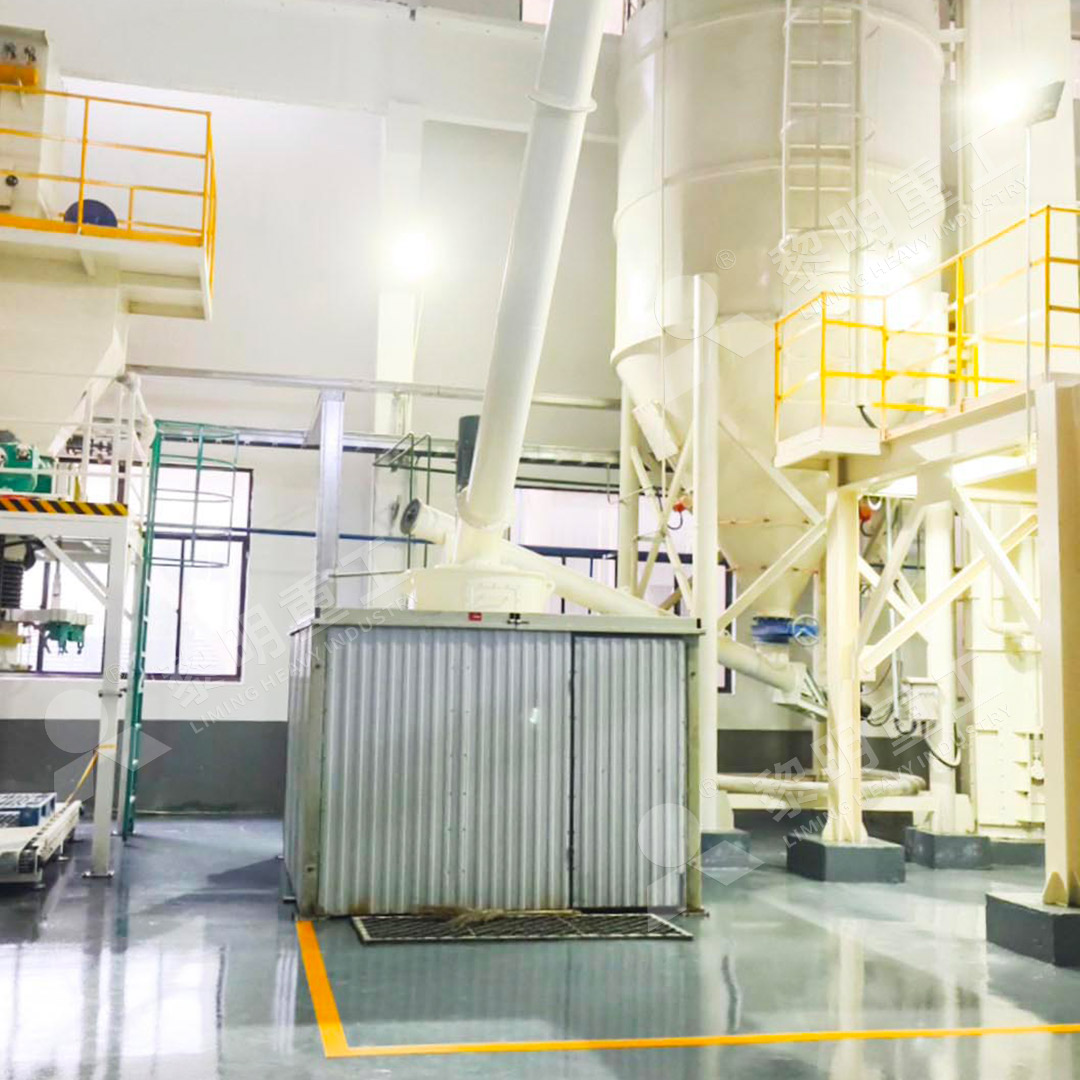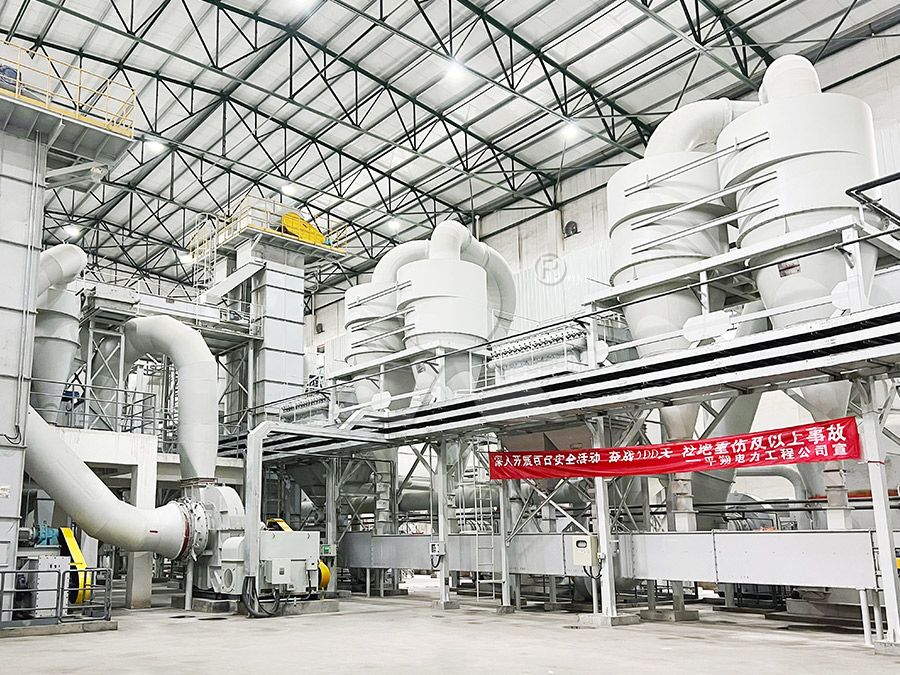Raymond Mill for Grinding Ceramic Materials in Jingdezhen, Jiangxi
We provide a wide range of mills — including Raymond mill, trapezoidal mill, vertical mill, ultrafine mill, and ball mill, obtained ISO9001 international quality certification, EU CE certification, and Customs Union CU-TR certification. Suitable for processing minerals such as limestone, phosphate, quicklime, kaolin, talc, barite, bentonite, calcium carbonate, dolomite, coal, gypsum, clay, carbon black, slag, cement raw materials, cement clinker, and more.
The discharge range of these mills can be adjusted to meet specific processing needs, typically from 80-400 mesh, 600-3250 mesh, and can achieve the finest particle size of up to 6000 mesh(D50).
If you are looking for a reliable grinding solution to turn stone or minerals into fine powder, please feel free to contact our online customer service.
Precision Grinding Solutions for the Porcelain Capital
Jingdezhen, the centuries-old ceramic capital of Jiangxi province, demands exceptional precision in material processing. The unique properties of ceramic powders require grinding equipment that can deliver consistent fineness while maintaining material purity and operational efficiency. For generations, artisans and industrial manufacturers alike have sought machinery that can transform raw materials into the exquisite powders needed for world-renowned porcelain production.

The Critical Role of Particle Size in Ceramic Manufacturing
In ceramic production, particle size distribution directly impacts final product quality. Uniform fine powders ensure proper compaction during molding, consistent sintering behavior, and ultimately, superior mechanical properties in the finished ceramic pieces. Traditional grinding methods often fall short in achieving the precise control needed for high-value ceramic applications, leading manufacturers to seek advanced milling solutions.
After extensive field testing in Jingdezhen’s ceramic facilities, our technical team has identified specific requirements for optimal ceramic material processing: adjustable fineness between 325-2500 meshes, minimal iron contamination, energy-efficient operation, and reliable performance in high-volume production environments.
Advanced Grinding Technology for Modern Ceramic Production
For manufacturers in Jingdezhen seeking to upgrade their grinding capabilities, we specifically recommend our MW Ultrafine Grinding Mill. This machine represents a significant advancement in ceramic powder processing technology, featuring a cage-type powder selector with German technology that effectively increases powder separation precision. The MW series achieves adjustable fineness between 325-2500 meshes with screening rates reaching d97≤5μm in a single pass.

What makes the MW Ultrafine Grinding Mill particularly suitable for Jingdezhen’s ceramic industry is its innovative design that eliminates rolling bearings and screws in the grinding chamber. This critical feature prevents contamination from bearing damage or loose screws – a common concern when processing high-purity ceramic materials. The external lubrication system enables continuous 24-hour operation without shutdowns for maintenance, significantly boosting production efficiency.
Environmental Considerations in Historical Manufacturing Centers
Operating within a region celebrated for its cultural heritage requires special attention to environmental impact. The MW Ultrafine Grinding Mill addresses this concern with its efficient pulse dust collector and muffler system, ensuring minimal dust pollution and noise reduction during operation. The entire milling system complies with national environmental protection standards, making it suitable for facilities located near residential areas or historical sites.
For operations requiring higher capacity with similar precision, our LUM Ultrafine Vertical Grinding Mill offers complementary capabilities. With input size of 0-10 mm and capacity ranging from 5-18 tph, the LUM series integrates the latest Taiwanese grinding roller technology with German powder separating technology, providing another excellent option for ceramic manufacturers scaling their production.

Technical Support and Local Adaptation
Understanding that each ceramic workshop in Jingdezhen has unique requirements, we provide comprehensive technical support and custom configuration services. Our engineers have extensive experience adapting grinding parameters for various ceramic compositions, from traditional porcelain clays to advanced technical ceramics. The digitalized processing of our grinding mills ensures high precision machining of core components, while our sufficient spare parts supply guarantees worry-free operation.
Frequently Asked Questions
What makes the MW Ultrafine Grinding Mill suitable for ceramic materials?
The MW series features no rolling bearings or screws in the grinding chamber, preventing metallic contamination. Its adjustable fineness between 325-2500 meshes and efficient powder separation technology make it ideal for producing high-purity ceramic powders with consistent particle size distribution.
How does the grinding process affect ceramic material properties?
Proper grinding ensures uniform particle size, which directly impacts sintering behavior, density, and mechanical strength of finished ceramic products. Controlled grinding prevents introducing impurities that could compromise material integrity.
What capacity range does the MW Ultrafine Grinding Mill offer?
The MW series handles capacities from 0.5 to 25 tph with input sizes of 0-20 mm, making it suitable for both small artisan workshops and larger industrial ceramic manufacturing facilities.
How does the equipment address environmental concerns in Jingdezhen?
Our grinding mills feature efficient pulse dust collectors and mufflers that minimize dust pollution and noise, with full compliance to national environmental protection standards essential for operating in this historically significant region.
What technical support is available for local ceramic manufacturers?
We provide comprehensive technical services including installation guidance, operational training, and original spare parts supply to ensure continuous, worry-free operation of your grinding equipment.
